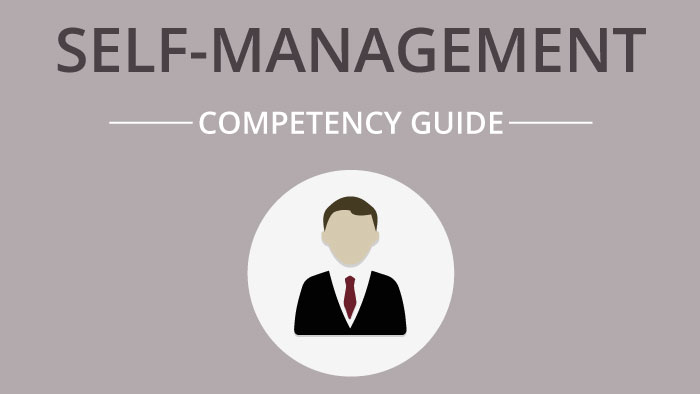
Emotions are the greatest driving force behind all human behavior.
We smile because we feel joy and excitement about something or someone. We cry as a result of sadness or fear. We make sacrifices because we love. We yell because someone made us angry. Without a doubt, our emotions dictate how we feel, think, and behave way more than our rational minds do.
However, when we act too quickly on our emotions, we often say things that we don’t mean to, or make decisions that we later regret.
As with many things in life, emotions (and our resulting behaviors) have better outcomes when expressed in moderation. Negative emotions in particular can quickly spiral out of control and have a long-term impact on our own well-being and our relationships with others.
This is especially important when it comes to our career, as having and maintaining good workplace relationships is essential for success. So how can we regulate our emotions to avoid negative behaviors? By learning to develop self-management.
What is Self-Management?
Self-management is the ability to understand and regulate your own emotions, and use them to guide your behavior towards positive outcomes. This doesn’t mean that you should suppress your negative feelings, but if you become aware of them, you can dictate your own behavior, not your feelings.
Nothing makes you angry. You get angry. Nothing makes you hopeless. You decide to feel hopeless. You are the master of your own mind, so you should dictate how your emotions make you feel, not the other way around.
Self-management is one of the four components of emotional intelligence, an essential interpersonal skill that drives adaptability and resilience.
“Emotional intelligence is the “something” in each of us that is a bit intangible. It affects how we manage behavior, navigate social complexities, and make personal decisions that achieve positive results. Emotional intelligence is made up of four core skills that pair up under two primary competencies: personal competence and social competence.
Personal competence is made up of your self-awareness and self-management skills, which focus more on you individually than on your interactions with other people. Personal competence is your ability to stay aware of your emotions and manage your behavior and tendencies.”
– Travis Bradberry, Emotional Intelligence 2.0
People with high degrees of self-management are able to use their awareness of their emotions to guide and direct their actions and behaviors towards positive outcomes. Self-management helps you act intentionally rather than reactively.
The workplace is an excellent place to learn how to develop self-management. The next time you encounter a problem, use your self-management skills to become aware of how you feel and control the situation. Don’t be impulsive.
4 Tips for Managing Your Emotions Effectively
1. Recognize how you’re feeling and either accept it or confront it. Remember, you are in charge.
2. Don’t let your emotions control your behavior.
3. Express your emotions fairly, honestly, openly, accurately and where appropriate.
4. Use your emotions to your advantage. You can become more productive when you are aware of what makes you tick.
To learn more about how to develop self-management in yourself and others, download our free How-To Guide:

